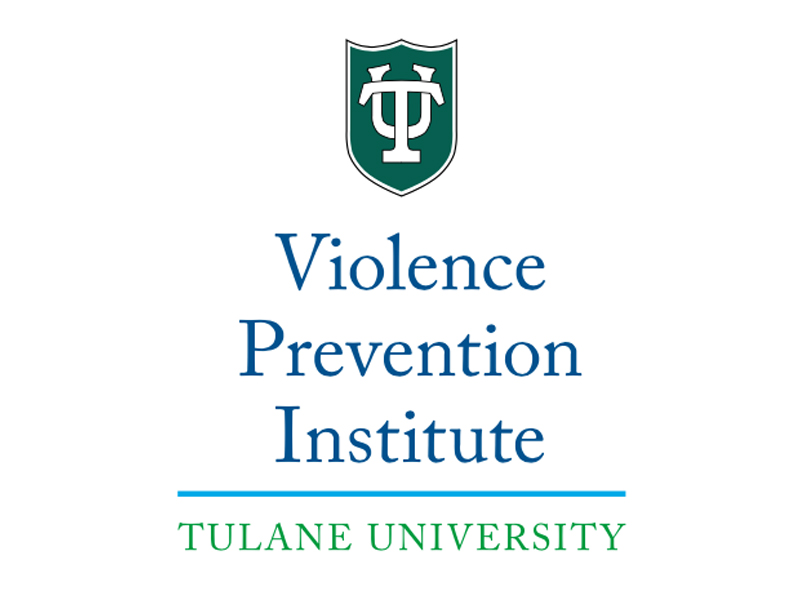Faculty Highlight: Tulane's Violence Prevention Institute Brings Together Over 50 Faculty Members Across Tulane

The Tulane Violence Prevention Institute (VPI) was officially launched in April 2018 and has three primary aims: 1) to increase the visibility of Tulane’s existing violence prevention related research, educational outputs, and community engagement efforts; 2) to grow Tulane’s output in violence-related research; and 3) to increase the connections and collaborations between the Tulane community and partners engaged in violence prevention efforts in New Orleans and beyond. The director of the VPI, Dr. Cathy Taylor, has training in public health and social work and over 20 years of working in the field of violence prevention.
The VPI brings together the skills, expertise, and passions of over 50 faculty members from 7 schools and 11 departments across the university in fields such as law, neuroscience, psychiatry, public health, sociology, and social work. VPI faculty know the importance of understanding the causes, environmental risks, and consequences of violence to better inform violence prevention programming, practices and policies.
Some examples of current VPI faculty projects include a Department of Justice-funded collaborative implementation and evaluation of trauma-informed care in local schools with the New Orleans Health Department and an assessment of the long-term effects of a brief positive parenting intervention on the prevention of child maltreatment. Other examples include directing both the Tulane Domestic Violence and Criminal Justice Law Clinics, which support and protect survivors of domestic violence and other justice-involved individuals while giving Tulane law students the opportunity to better understand the complex and interconnected ways in which violence impacts our communities and what they can do to help.
In order to increase the impact and integration of Tulane’s violence prevention work, the VPI has submitted multiple grant applications to places such as the Centers for Disease Control and Prevention, New Orleans city government, and the Pincus Family Foundation (PFF). In fact, the VPI was recently awarded a $556,000 grant by the PFF to establish an interdisciplinary, community engaged fellowship for masters-level public health students interested in preventing violence. With this funding, the VPI hopes to create a transferable violence prevention fellowship model that would ideally encourage other universities in the U.S. to adapt and establish something similar to broaden the national network of communities working to prevent the long-lasting impacts of violence.
